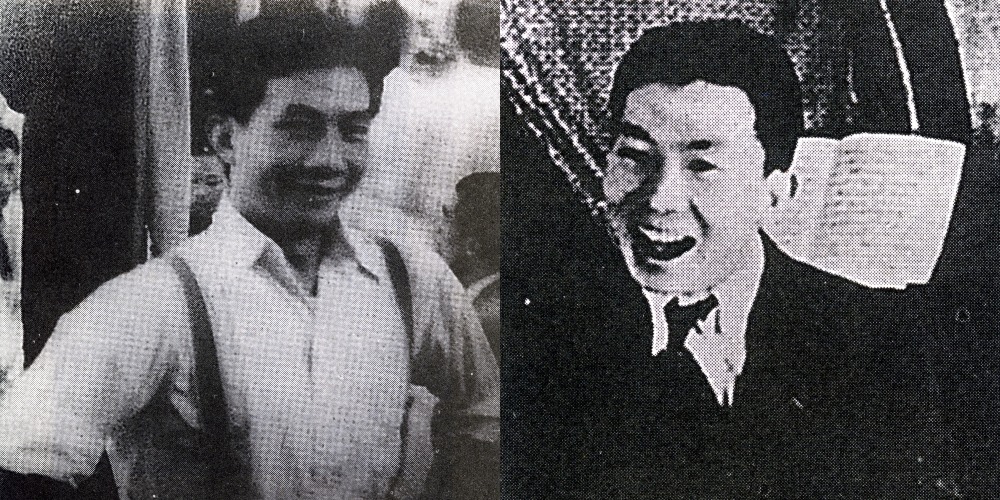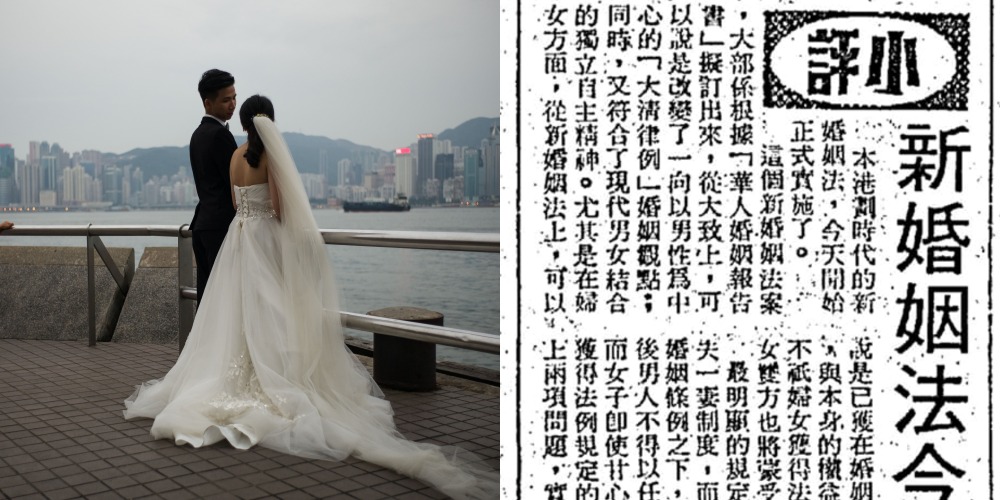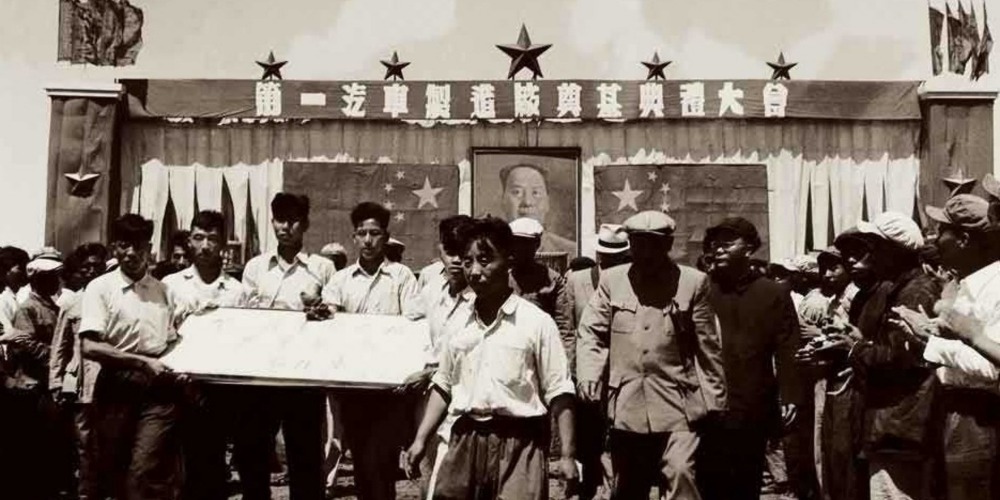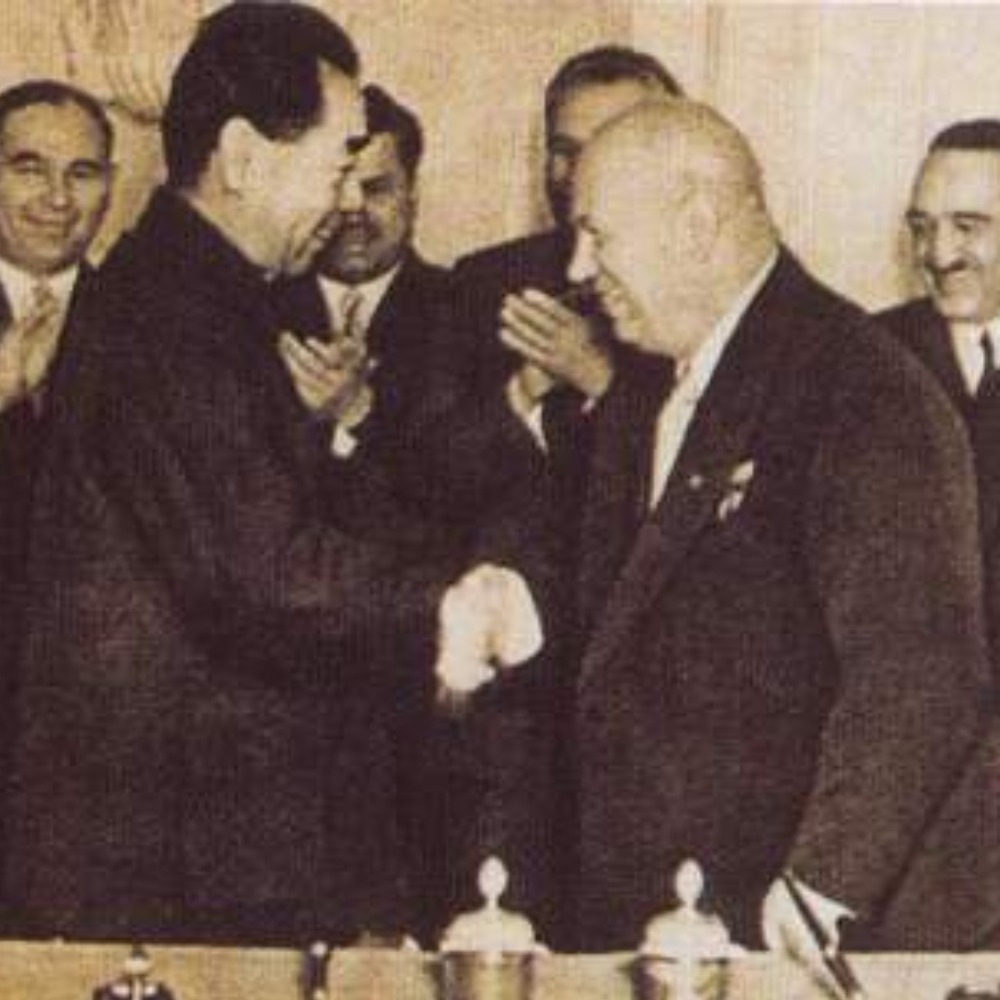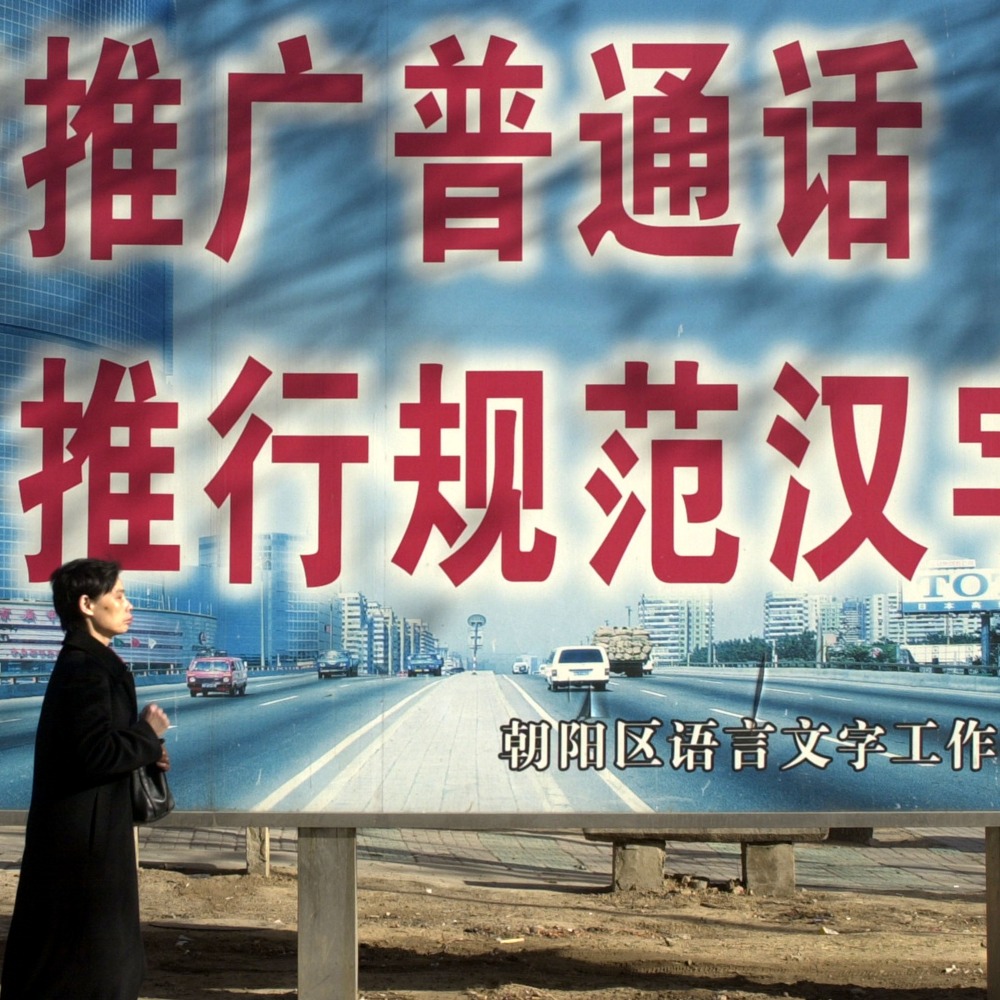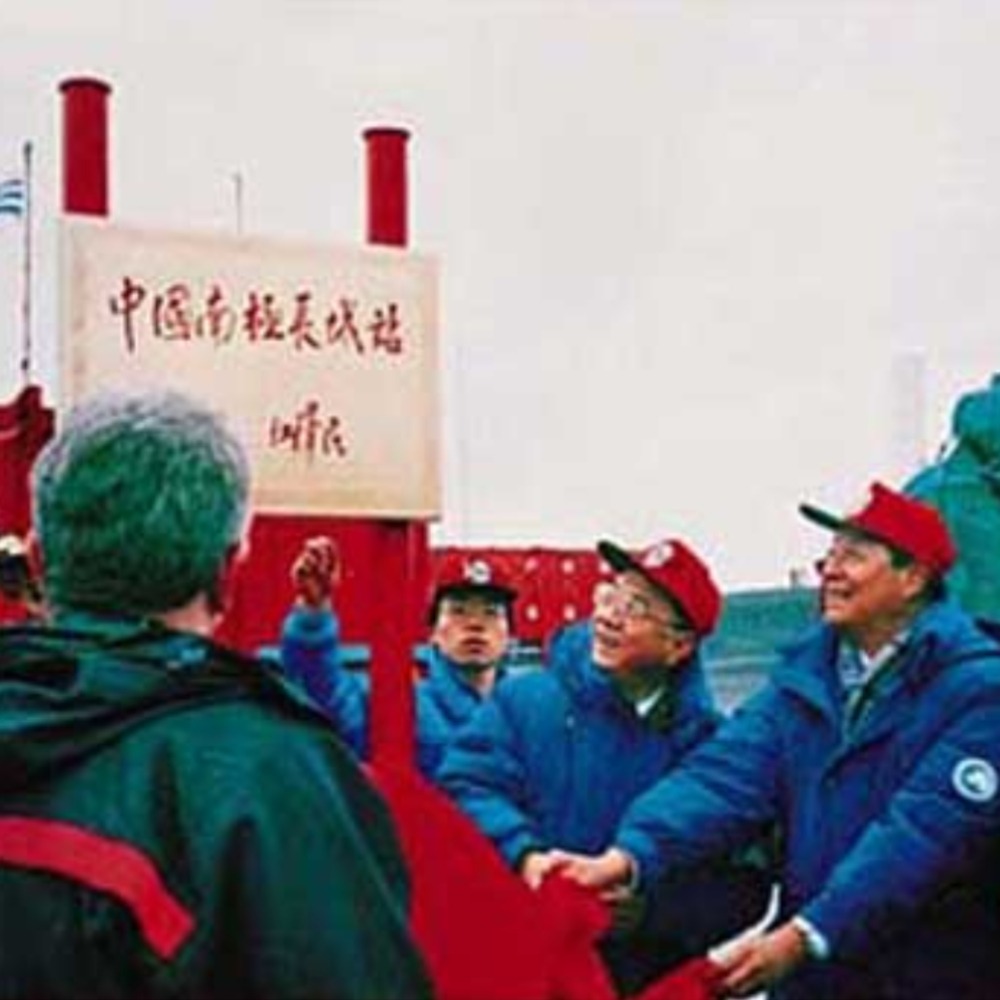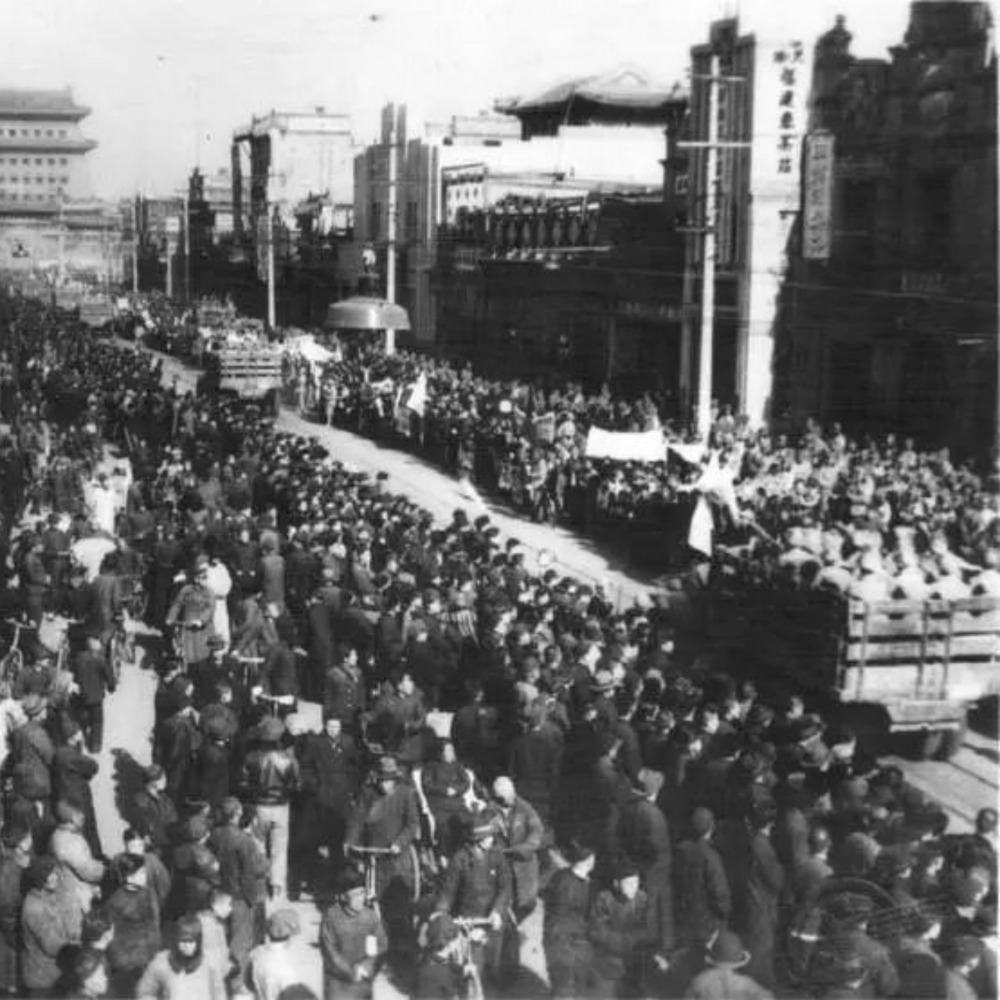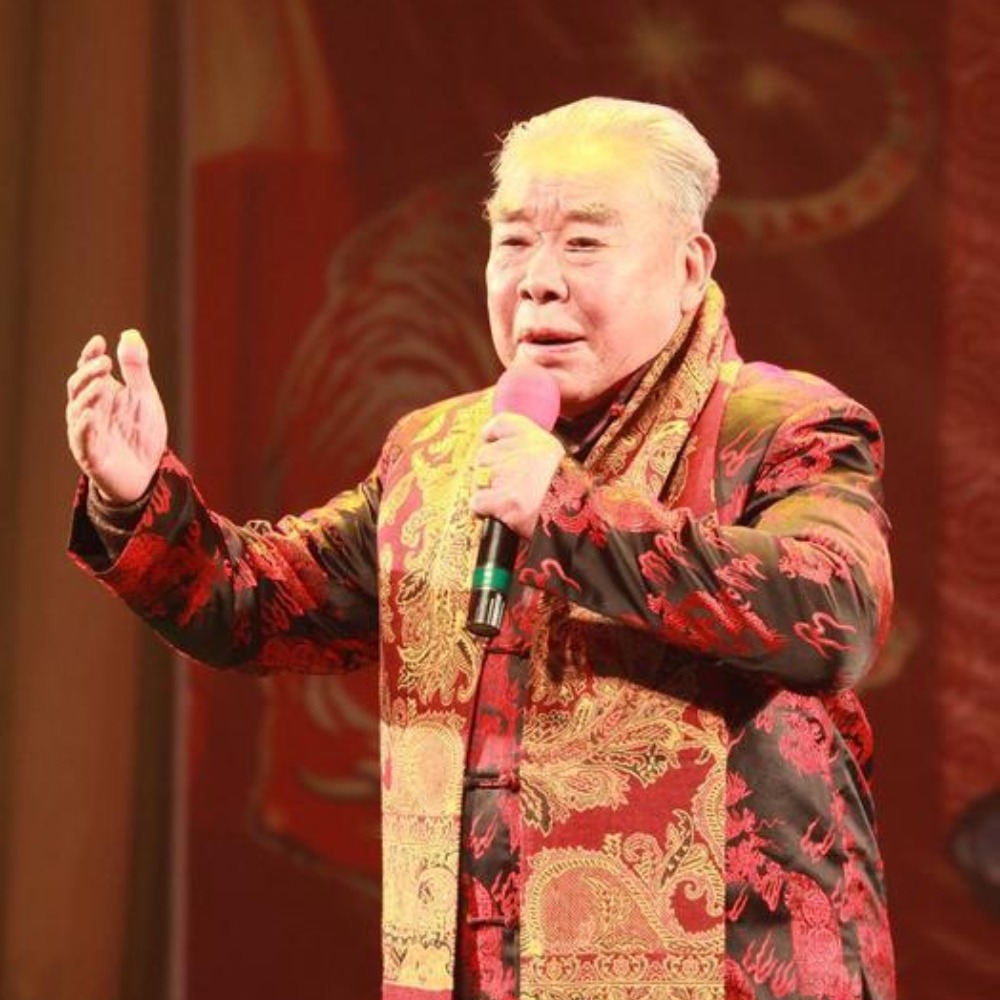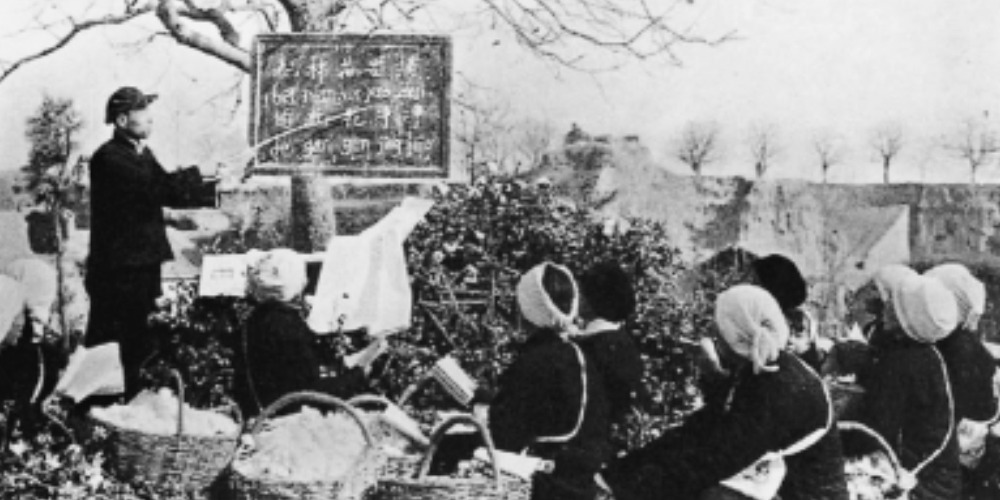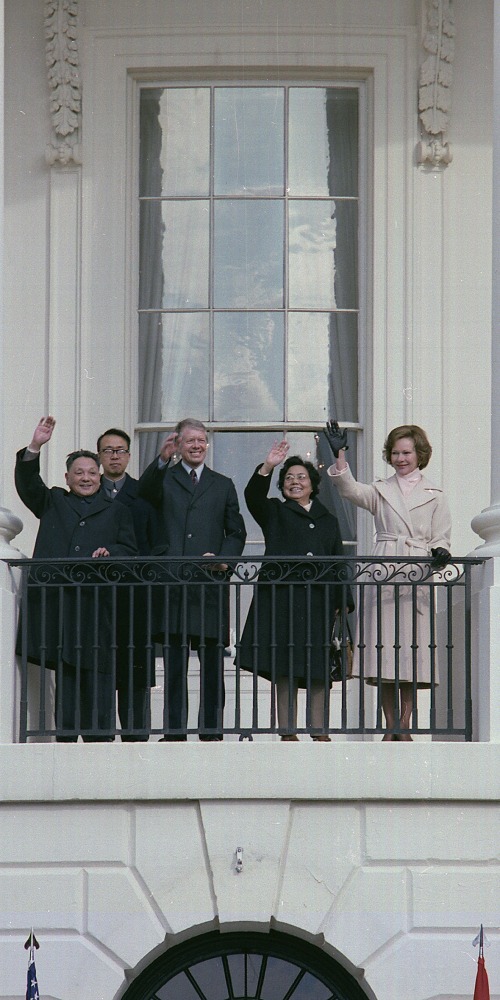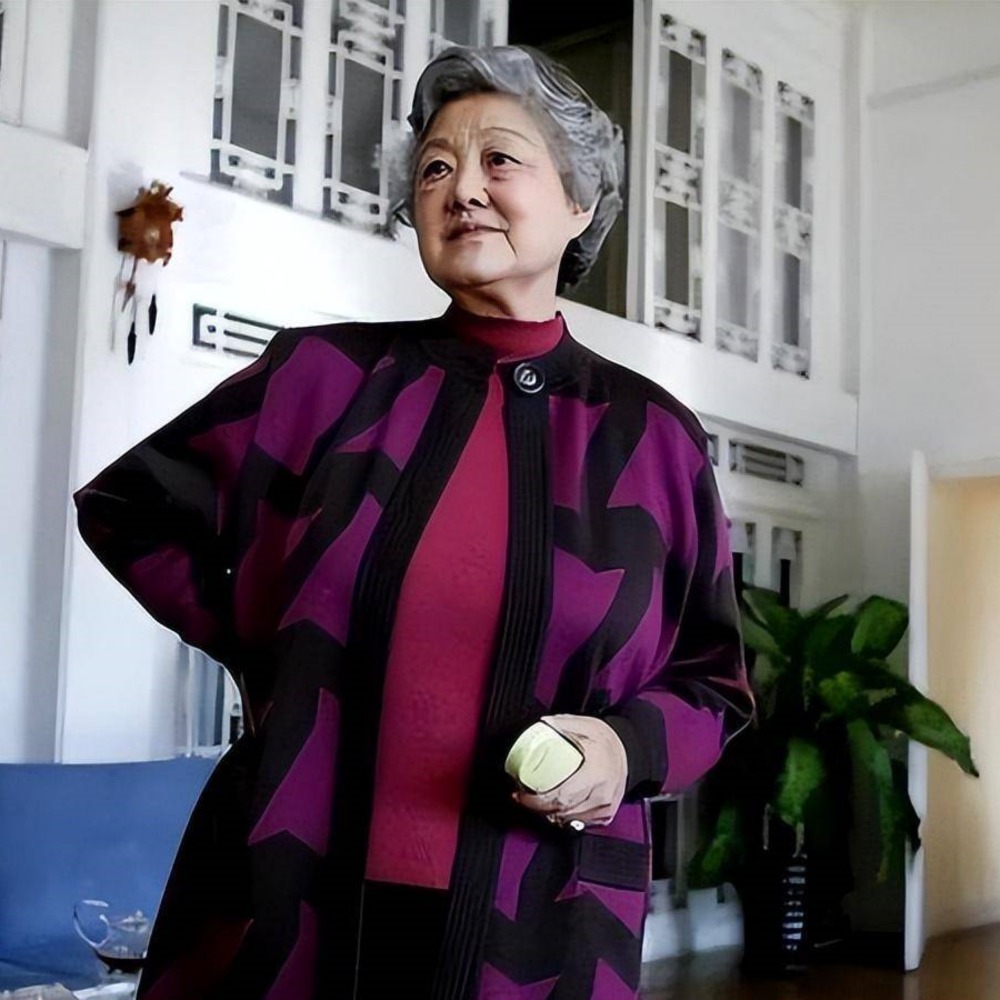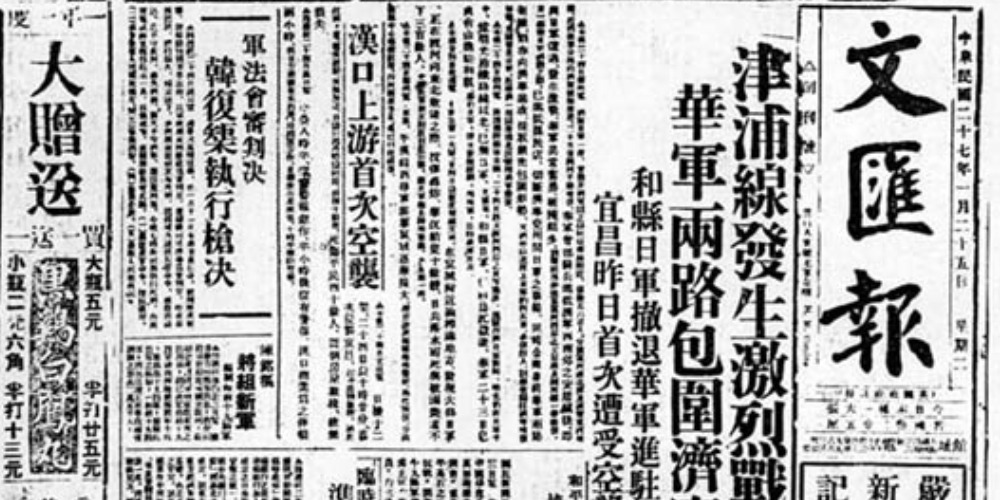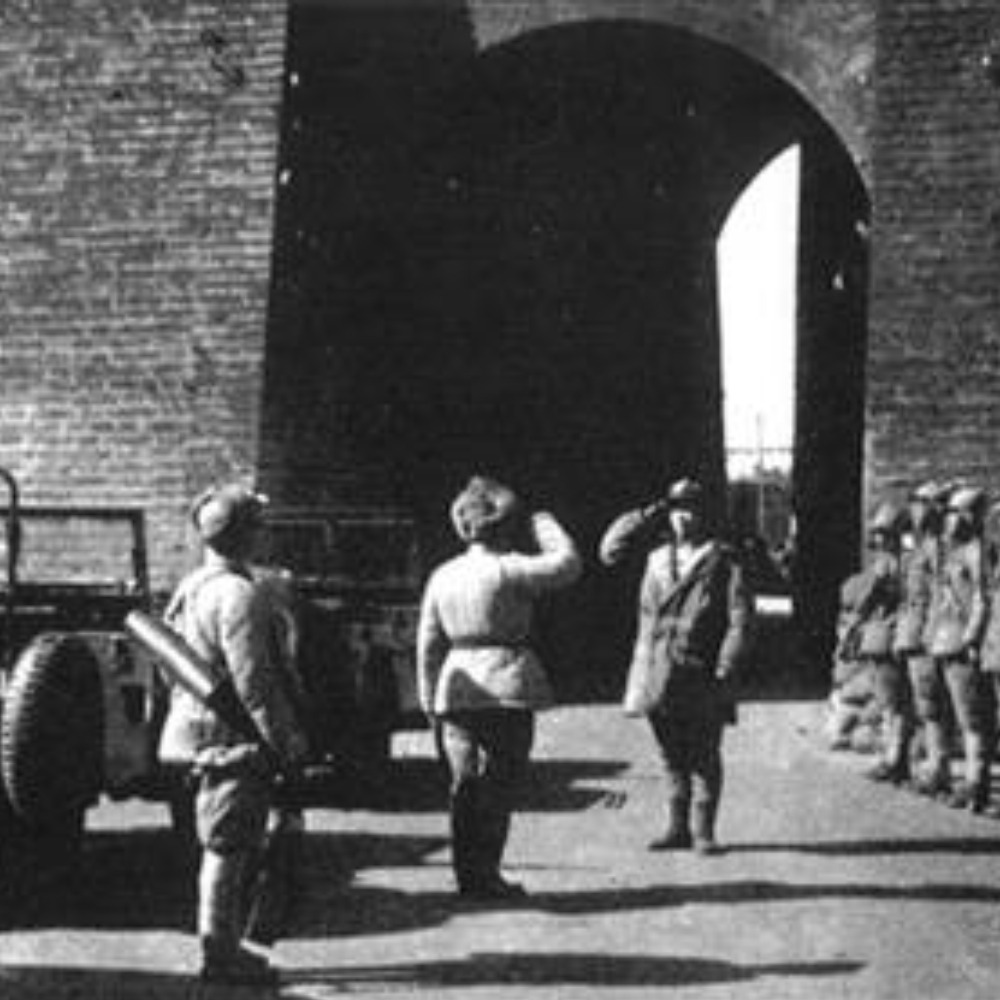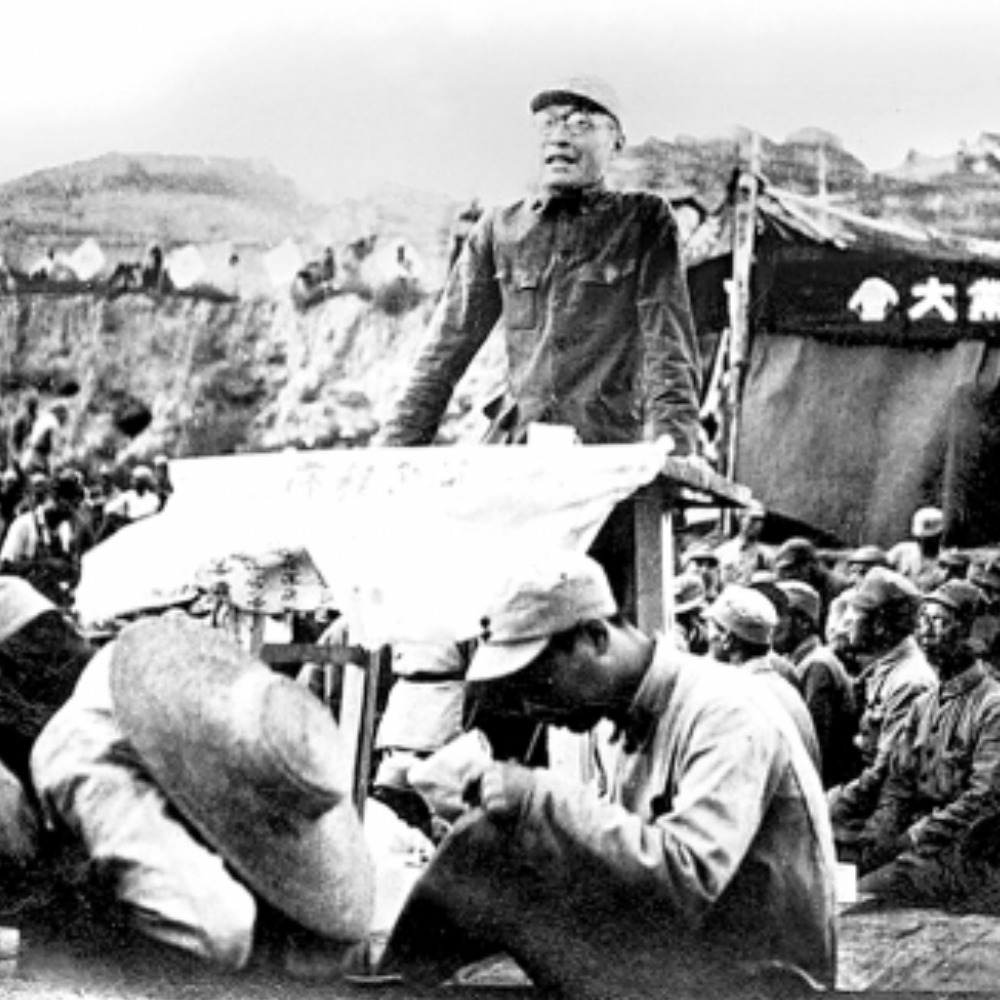Published : 2024-07-17
On July 17, 1935, Nie Er (聶耳), the composer of the Chinese national anthem, a 23-year-old Chinese musician, drowned in Japan.
Born in Kunming, Yunnan, Nie Er, originally named Nie Shouxin (聶守信), showed great interest in music from a young age. Most of the songs he composed were related to the War of Resistance Against Japanese Aggression, making him easily targeted under the circumstances of that time.
To avoid arrest, Nie Er left Shanghai for the Soviet Union via Japan in 1935 as required by the Communist Party of China.
However, after arriving in Japan, he changed his plans and decided to stay for a year, planning to learn Japanese and Russian there. He also had the opportunity to receive training in music and composition, as well as learning about Japanese music, drama, and film.
On July 9 of the same year, Nie Er went on a trip with friends to Fujisawa City, Kanagawa Prefecture. During this time, he went swimming at the beach almost every day.
On July 17, he went to the beach for swimming with friends, but he swam alone out to a deeper area and then disappeared. Nie Er's body was found the following day, and a forensic examination determined that he had drowned.
In his short life, Nie Er composed more than 30 songs, including the March of the Volunteers (《義勇軍進行曲》), which was adopted as the national anthem of the People's Republic of China after its establishment.
Originally, March of the Volunteers was a theme song of the anti-Japanese war film "Children of Trouble Times" (風雲兒女), which tells the story of Chinese intellectuals, represented by the poet Xin Baihua, who joined the army in the early 1930s to save the homeland and killed the enemy on the front line.
